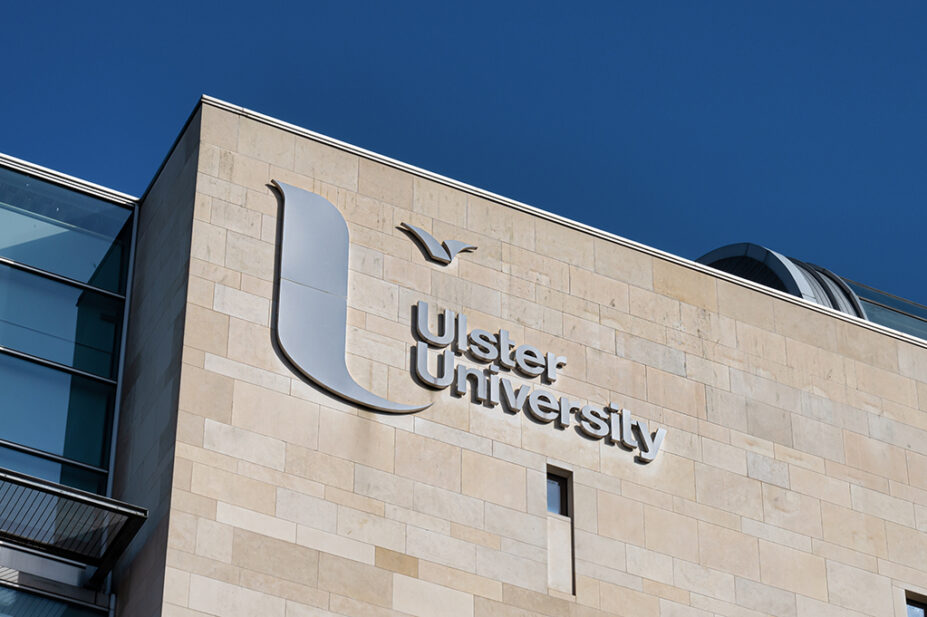
Shutterstock.com
The number of pharmacy undergraduates studying in Northern Ireland has doubled since 2020, according to Cathy Harrison, chief pharmaceutical officer for Northern Ireland.
Speaking during a panel discussion at the Royal Pharmaceutical Society (RPS) annual conference on 10 November 2023 in London, Harrison told attendees that the Pharmacy Futures Campaign NI was launched in 2020 to deal with “very serious” pharmacy workforce issues.
“From the very start on day one, we wanted to turn the dial in relation to how pharmacy was perceived as a place to work,” she said.
Harrison explained that one of the main areas of focus was “building capacity” by “getting more pharmacists into our universities and therefore coming through the pipeline into our workforce”.
She added: “We’ve had great success with that. We’ve doubled our undergraduate numbers in Northern Ireland and we’re going to see the benefit of that starting from next summer.
“We’ll see over 200 students starting their foundation year training with us next year and that will feed on every year following. That’s fantastic because I know that we have a strong pipeline in pharmacists.”
The MPharm degree programme is offered at Queen’s University Belfast and Ulster University in Northern Ireland.
A spokesperson for Queen’s University Belfast said there had been a 44% increase in the number of students enrolled on its MPharm course since 2019/2020.
“The increased intake has been stable over the last three years and we have continued to invest in new staff and infrastructure to support our students,” they added.
“As we have been ranked consistently among the leading schools of pharmacy in the UK over this period for both our education and research, we know Queen’s is an attractive choice for students.”
A spokesperson for Ulster University said that the number of enrolled pharmacy undergraduates had increased from 179 in 2020/2021 to 260 in 2022/2023 — an increase of 45%.
There are 343 pharmacy undergraduates indicated for 2023/2024, although they said that the actual figure will not be confirmed until 1 December 2023.
They added that the increase in undergraduate enrolment is “strategically accounted for in academic planning and the allocation of internal funds to support teaching and learning activities”.
“Ulster University has invested within pharmacy, both in terms of academic staff recruitment and facilities to ensure we are positioned to provide the highest quality research and teaching for the pharmacy professions in the UK and on a global scale,” they said.
David Webb, chief pharmaceutical officer for England, also took part in the panel event at the conference. He pointed out that it was also important to focus on retaining pharmacists and reforming the profession “to motivate our current workforce to be the best they can be and to stay with us on our current journey”.
In England, the ‘NHS long-term workforce plan‘ published in June 2023, envisaged a staggered increase in the number of pharmacy trainees, with 3,849 new training places in 2026, 4,098 in 2027 and 4,307 in 2028, culminating in a training intake of 4,970 in 2031.
In a statement, the Pharmacy Schools Council, which represents pharmacy schools across the UK, said that, while several universities were considering establishing new MPharm courses over the next few years to train the extra pharmacists, “greater capacity in all pharmacy sectors will be required to accommodate placements for future undergraduate students”.


